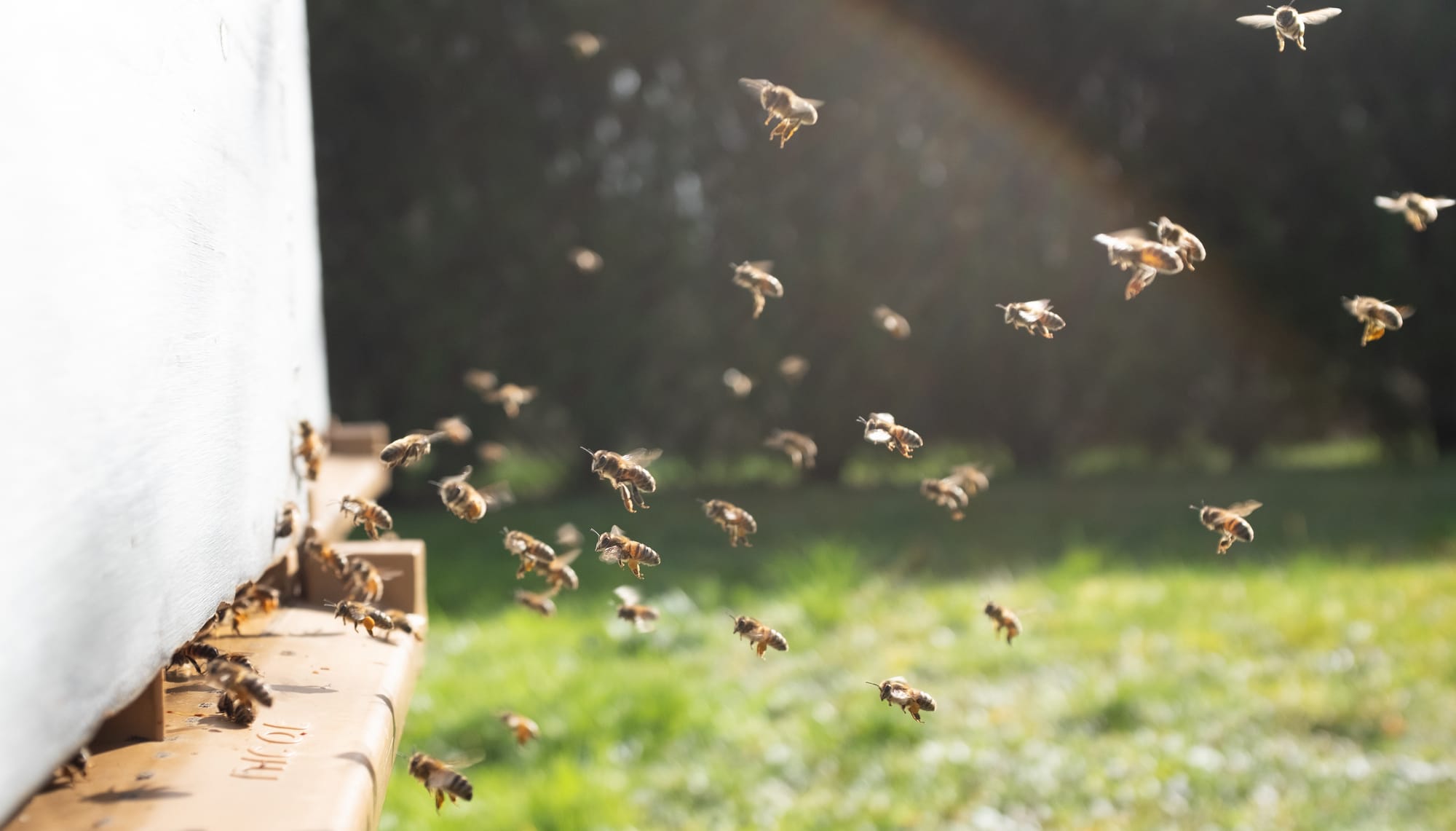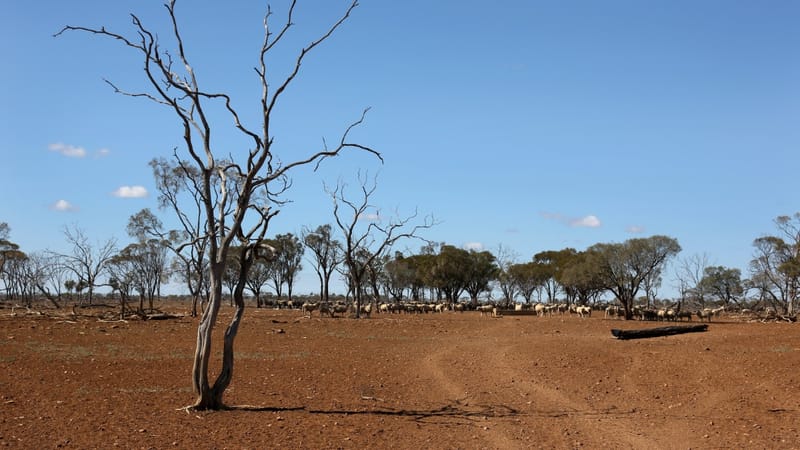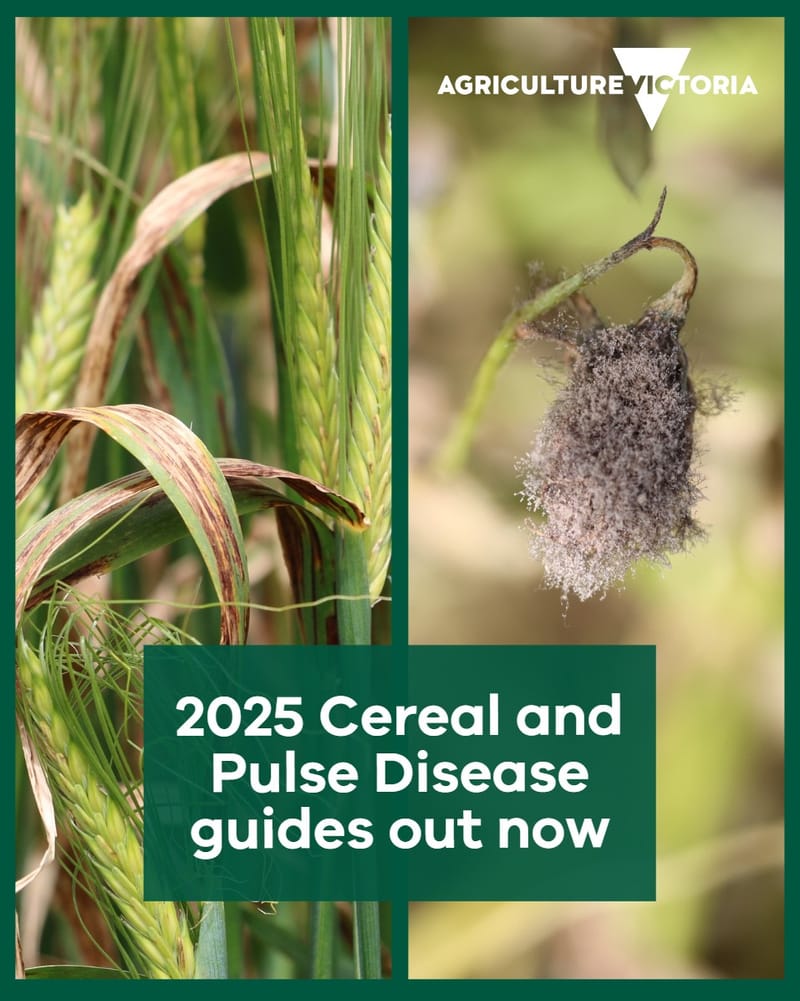Next steps in preparing SA for varroa mite
SOUTH Australia’s preparedness for the possible incursion of varroa mite and its future management has taken the next step as the SA Varroa Detection Response and Transition to Management Plan has been approved by industry and is now available...

SOUTH Australia’s preparedness for the possible incursion of varroa mite and its future management has taken the next step as the SA Varroa Detection Response and Transition to Management Plan has been approved by industry and is now available.
The SA Varroa Detection Response and Transition to Management Plan (the Plan) was developed with industry to prepare beekeepers for Varroa and respond to its detection within South Australia or within another State/Territory that has previously been considered free from varroa.
Varroa destructor is a distinctive small mite and parasite of the European honeybee and Asian honeybee. It is regarded as the most serious global pest of honeybees with death often occurring to bees in infested hives left untreated.
Since its detection in June last year, at Newcastle, varroa has now spread within New South Wales to a point that eradication is considered no longer possible at the national level.
While it has yet to be detected in South Australia, it is estimated that the establishment of varroa mite in Australia could result in losses of over $70m a year to pollination dependent industries across the country. It is why preparing our South Australia’s beekeeping industry is paramount. The aim of the plan is to assist the apiary industry, including both commercial and recreational beekeepers and pollination industries, to prepare for the eventual establishment of Varroa in SA in order to:
Maintain freedom from varroa for as long as is achievable, while balancing business continuity.Once detected in SA, minimise the impact of varroa.
Provide business continuity through a risk-based approach.
The SA Varroa Industry Advisory Committee (SAVIAC) provided advice to the Department of Primary Industries and Regions SA (PIRSA) in the development of the plan.
The committee recently endorsed a final draft plan following public consultation. The chief executive of PIRSA has now endorsed the SA Varroa Detection Response and Transition to Management Plan.
In addition, three varroa development officers and a co-ordinator have commenced at PIRSA, dedicated to assisting beekeepers to develop skills and knowledge necessary to prepare for and manage varroa in accordance with the plan.
Minister for Primary Industries and Regional Development Clare Scriven said “while in a perfect world we do not want to see varroa mite in our state, unfortunately it is not considered eradicable at the national level”.
“As a result, it is a matter of when, not if, it comes to South Australia,” Ms Scriven said.
“That is why it was critical a plan was developed in close consultation with industry, and I am pleased to see the plan has been approved and will be adopted.
“It aims to ensure all participants within SA’s beekeeping community are prepared with information on how to manage varroa which results in the growth and sustainability of both apiary and pollination dependent industries.
“The Varroa Development Officer team will be working closely with industry in metropolitan Adelaide and the regions. Their services are available to all apiarists, regardless of registration.”
Apiarists are reminded about the importance of being registered and ensuring that their details associated with their registration are kept up to date to receive important biosecurity information.





